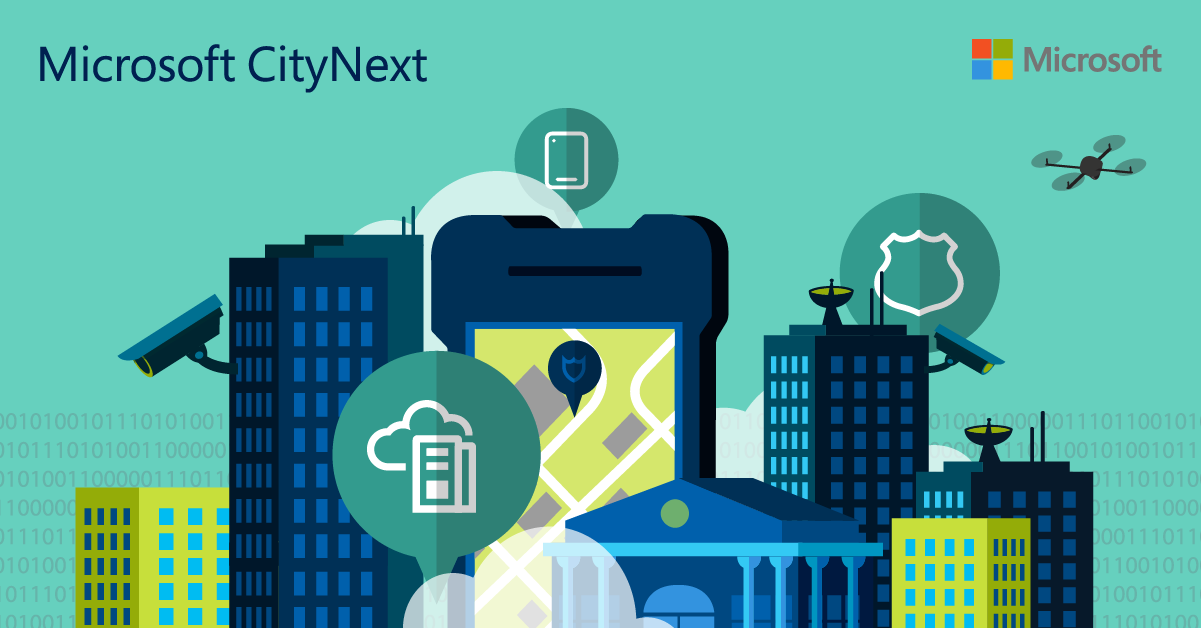
If you were asked to imagine an ideal city, what would it look like and how would it work? You would probably wish that it was clean, safe and inexpensive. That its citizens were wealthy, healthy and well-educated. Transport services would be excellent of course and crime rates would be very low. You would expect an ideal city to be a hive of innovation and creativity that offered people great job opportunities. Ultimately, you would want the city’s citizens to be well-served and happy.
While some would say it’s too much to dream for, many city leaders are thinking differently. Last week, city leaders from around Australia and the region came together to discuss issues and ideas for cutting-edge solutions at the 10th Asia Pacific Cities Summit.
We were pleased to sponsor the event because the Summit is a great platform for these leaders to discover how cities can implement strategies and mechanisms, to turn old city challenges into real opportunities with the help of technology.
For example, how to transform operations and infrastructure by connecting systems, data and people to make services more affordable. How to engage citizens and businesses so they can effectively contribute to solving city issues. And how to accelerate innovative thinking to create new workforce opportunities so that cities can successfully compete in the global market.
At Microsoft, we have a long history of working with cities in these areas. We help today’s leaders build modern, safe, healthy and educated communities so that governments, businesses and people can really thrive together.
It’s about empowering cities to become more sustainable, prosperous and economically competitive. And it’s this empowerment vision that is so needed in our cities today as they face rapidly growing populations and all the associated social challenges.
Microsoft’s global CityNext initiative helps to bridge the gap between ‘technology’ and ‘people’ to achieve more effective results for cities. Through CityNext, we are focused on developing ways to extend the conversation – empowering, educating and engaging citizens to fuel a city’s economy.
It’s happening through the amazing products and services being developed by our CityNext partners on the ground.
Take for example Wattblock, a self-confessed disrupter of the energy audit industry. By using data analytics and the cloud, Wattblock creates simple power reports that can help drive energy efficiency in residential apartment buildings.
Once a report is produced, Wattblock can help by introducing efficiency measures for buildings such as LED lighting, more efficient fans and improvements to hot water systems. To date, 10 buildings have engaged Wattblock for proof of concept installation, with an average energy saving of 56 per cent.




